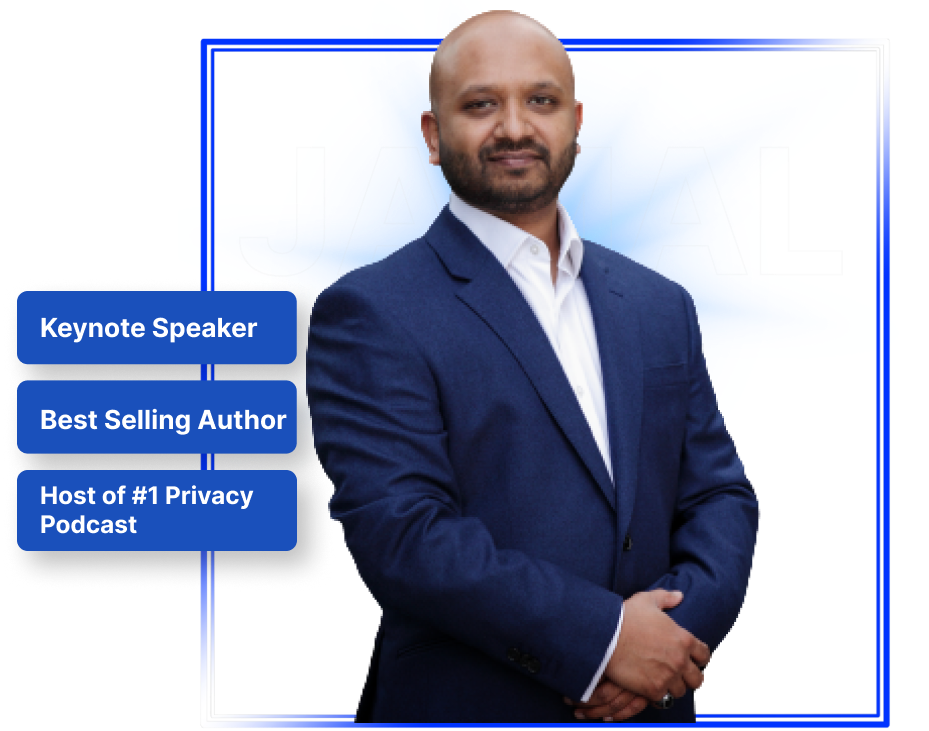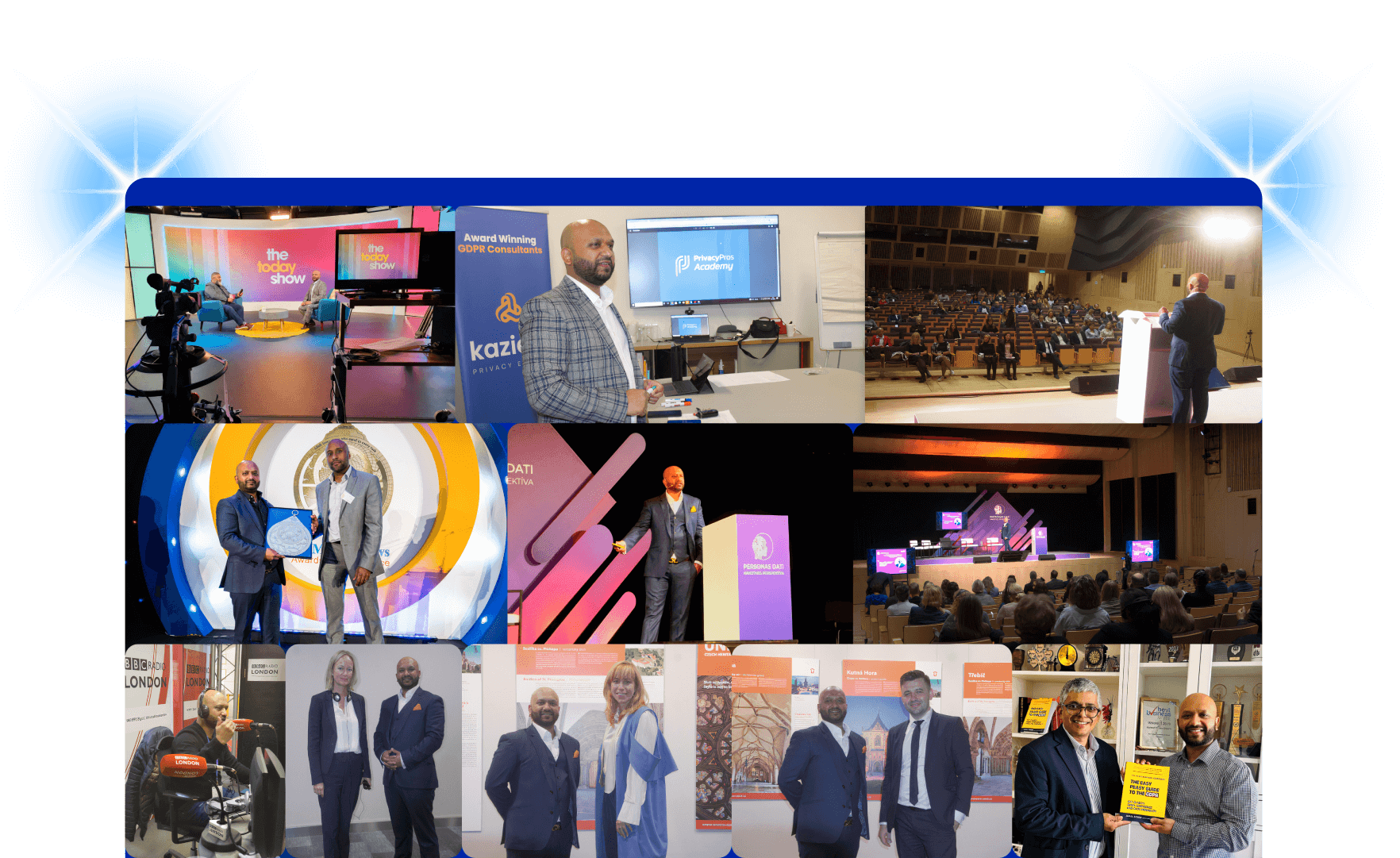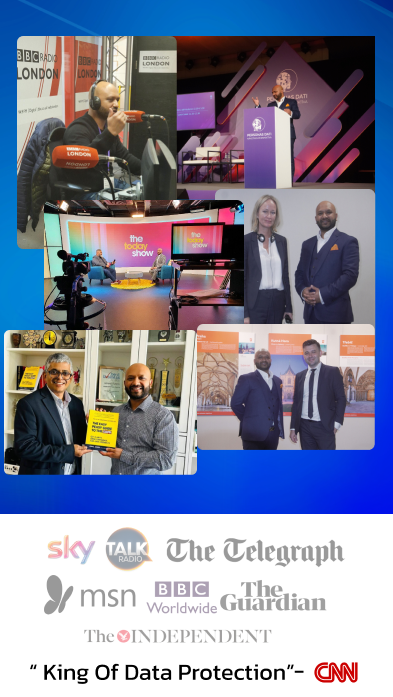ATTENTION PROFESSIONALS LOOKING TO ACCELERATE YOUR PRIVACY CAREER:
ATTENTION:
PROFESSIONALS LOOKING TO ACCELERATE YOUR PRIVACY CAREER:
Boost Your Career
with Our FREE Resources
Boost Your Career with Our FREE Resources
Exclusively for Podcast Listeners!
Exclusively for Podcast Listeners!

4.9/5 Star reviews
Over thousands of successful results

4.9/5 Star reviews
Over thousands of successful results





